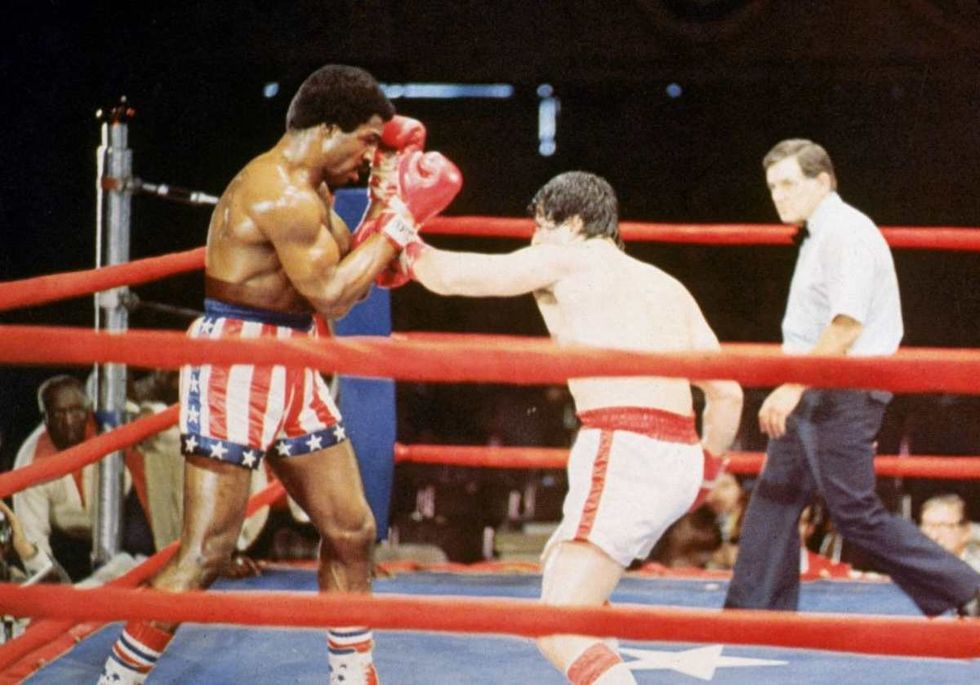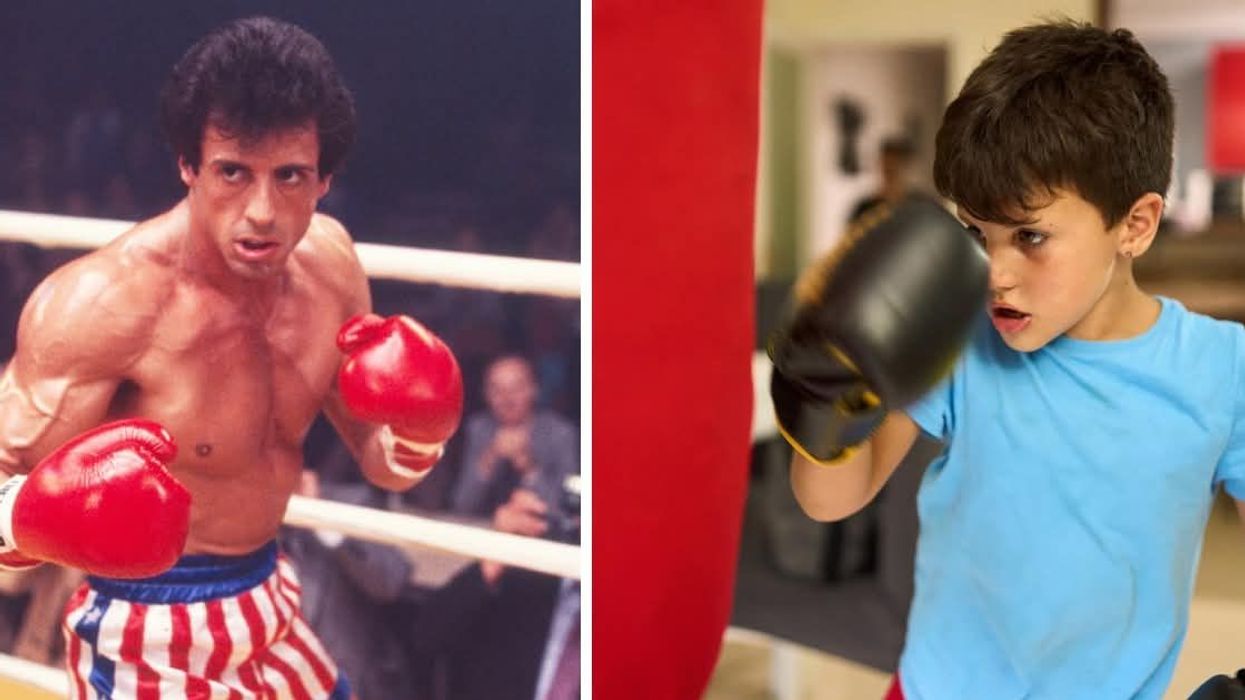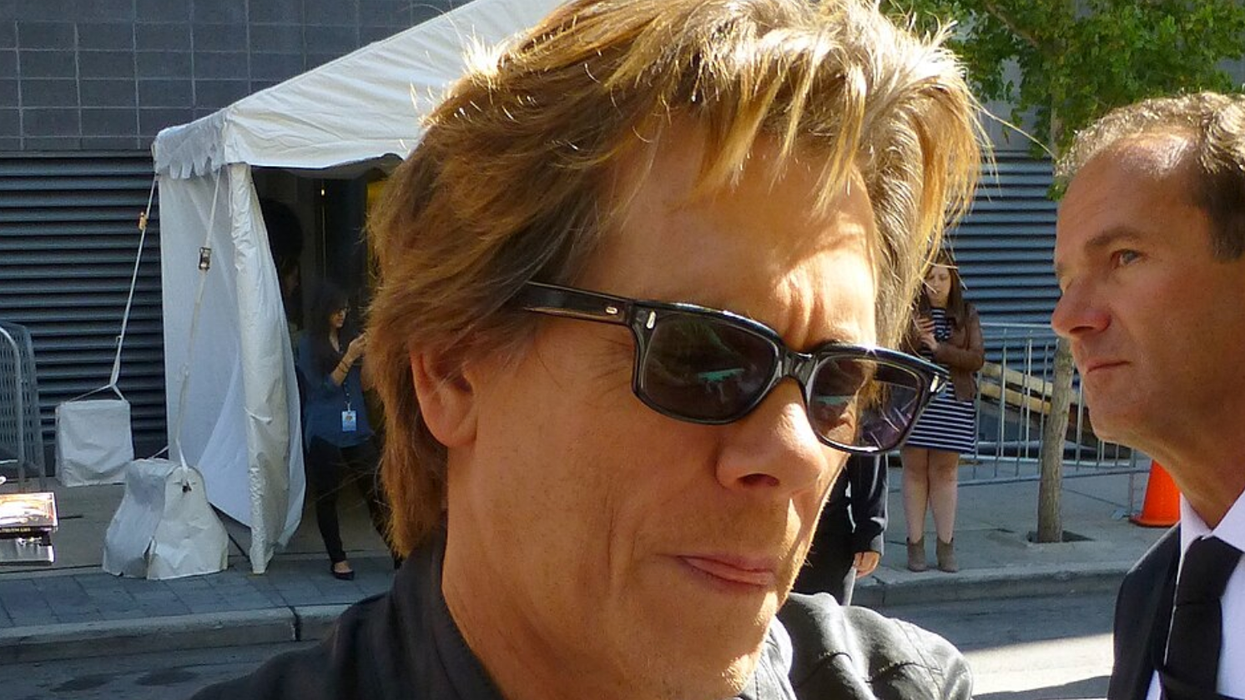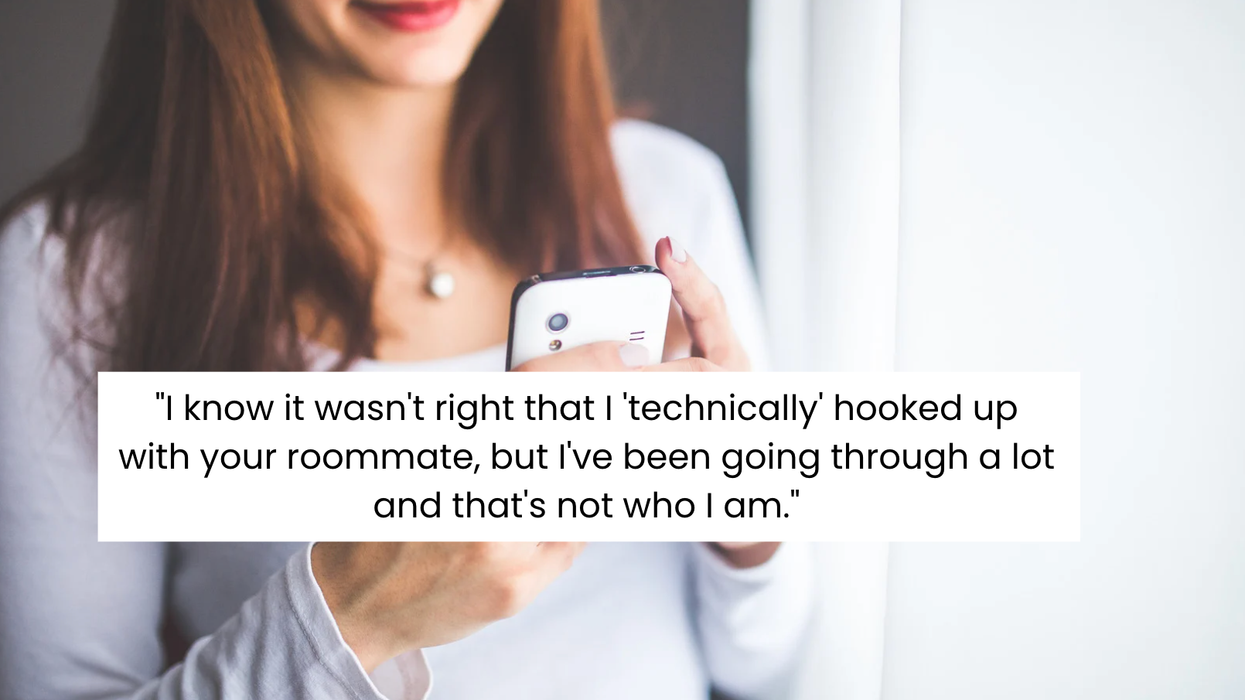Decades after the first movie in the "Rocky" franchise was released, the movie retains an iconic status among sagas of underdogs rising to sporting glory. The unmatched grit and glamor of this legendary character led to the state of Philadelphia celebrating the day of December 3 as “Rocky Day” every year. During one such celebration of Rocky Day in 2023, Sylvester Stallone came across a miniature version of his character Rocky Balboa, who re-enacted his famous “Sunshine and Rainbows” speech. Stallone loved the little boy’s powerful, gut-punching reprise of his speech so much that he posted its footage on his Instagram page. “This kid is a real-life Rocky,” he wrote in the caption.

On that day, Stallone was at the opening of the Rocky Shop at Parkway Visitor Center Outpost, as part of the “Rocky Day” celebrations, as per NBC Philadelphia. He was standing with his crew members in front of the famous stairs of the Philadelphia Museum of Art which Rocky Balboa climbed in the movie as part of his training. Just then a 9-year-old boy from Alabama, named Ro Knight, walked towards Stallone and started performing his legendary Rocky speech. Ro was wearing Balboa’s signature tiger jacket.

“Let me tell you something that you already know,” the little fan told Stallone, standing before the bronze Rocky statue. “The world ain’t all sunshine and rainbows. It’s a very mean and nasty place, and I don’t care how tough you are, it will beat you to your knees and keep you there permanently if you let it.” In the movie, Rocky delivers this gritty dialogue to his son who feels frustrated about navigating life. In the re-enacted version, Stallone was seen joining the speech with Ro at times. “Me, you or nobody is not going to hit as hard as life. But it ain’t how hard you hit; it’s about how hard you can get hit and keep moving forward; how much you can take and keep moving forward. That’s how winning is done.”
Ro told the outlet that he had prepared for this performance in advance. “It was fantastic,” he said. “He was surprised, I guess. It was awesome.” He revealed that he started watching a lot of “Rocky” movies ever since he was a toddler. An aspiring actor and wrestler, Ro rehearsed Balboa’s lines over and over. The boy however is not as unknown as Balboa's character was before he won the heavyweight championship.
In the summer of 2021, Stallone shared an Instagram video of Ro performing the same speech while wearing Balboa’s red, white, and blue trunks, and holding dumbbells in a gym. “This very young fan is amazing!” Stallone wrote of the 6-year-old Ro in the post. “It makes me incredibly proud The ROCKY character has been passed down through several generations. It’s quite humbling. Keep Punching young man!” Now the young Rocky Balboa may even appear in the next “Creed” movie, but it is not yet known which one. “Whatever Rocky wants,” Ro said. “He’s the director.”























